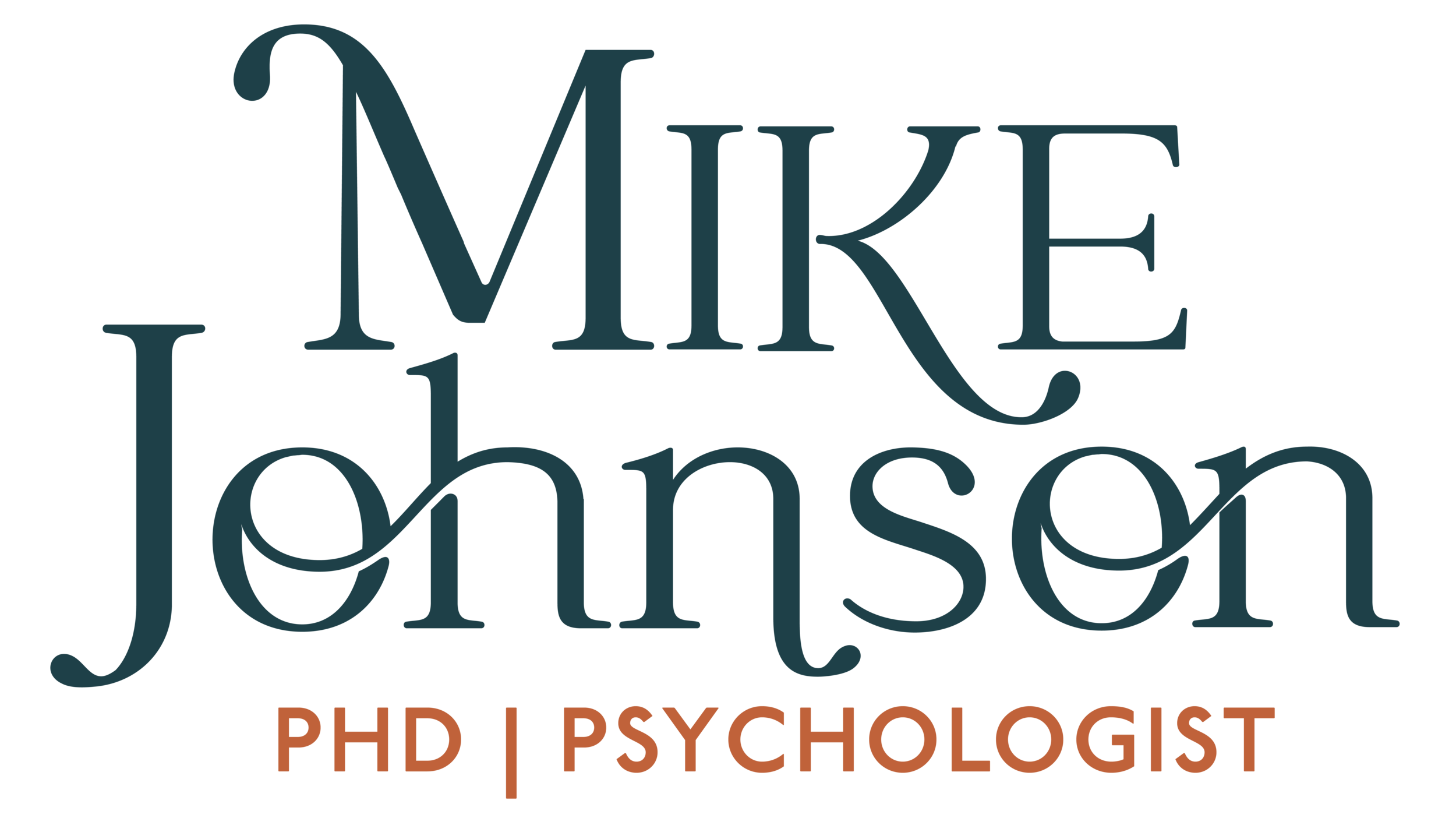6 Ways to Kill Personal Agency
Agency is "purposefully exercising control over our functioning and life circumstances" (Bandura, 2006). Without agency, we will have a near-impossible time optimally functioning as an adult. Unfortunately, we undermine the development and maintenance of our agency by taking an adversarial relationship with ourselves. There are 6 ways we fail to develop a supportive relationship with ourselves.
1. Comparing Down
When we compare ourselves to others, we often focus on ways in which we are not good enough or do not measure up. The main problem with this approach is that it reinforces low self-esteem and a belief that others hold the standard to which we should strive. Instead of comparing ourselves down, we can apply comparing ourselves up along with gratitude for what we have.
2. Pursuing Perfection
When we pursue perfection we often do so out of a self-protective motive. That is, we are trying to avoid rejection and criticism by achieving an unattainable expectation. We may even rationalize it by making it synonymous with excellence. The point is that we will never be perfect. The goal is to learn to live with imperfections without concluding that they define us.
3. Excessive Approval-Seeking
Another way in which we put our worth and value into the hands of others is by excessively seeking approval from others. When we are more concerned with what others think than what we think of ourselves, we will live our lives according to other people's terms resulting in an undermining of having our own standards.
4. Controlling the Uncontrollable
We all need a certain amount of control in our lives to pursue goals and get needs met. Where we can take a wrong turn is by pursuing aspects for which we have no control. For example, other people's thoughts of us, getting everyone to like us, and preventing all bad things from happening to those we love are common goals we strive to accomplish that are unrealistic. When we focus on the uncontrollable, we distort what we can impact.
5. Mostly Equating Worth with Performance
All of us invest a part of our worth in what we create or achieve. When we do so, we rarely consider other ways in which we can invest in our efforts. As a result, we are under the illusion that anything less would result in lowered performance. There are two potential outcomes when we equate our value with outcomes. One, we may limit the risks we are willing to take because we fear the negative effect of failing on our self-worth. Two, we may fail to realize the contributions of alternative (and less painful should they not pan out) motivations such as challenge and creativity.
6. Invalidation
Invalidation is denying or dismissing what is. Agency requires us to face our experience as it is, not how we wish it were. When we invalidate our feelings and/or experiences, we are participating in an alternate reality from which it is exceedingly difficult to experience a sense of agency. As a result, our functioning is significantly hampered. For example, invalidating a feeling of disappointment after a failed effort may reduce serious self-reflection that could lead to insight into one's future performance.
These are very commonly practiced problematic mental habits. But it does not have to be that way. Like many habits, we can unlearn them. As with most behavior changes, we need two factors: a reason for giving up a habit and an alternative habit with which to replace it. Once you have these two factors, you are well on your way to establishing new habits!

